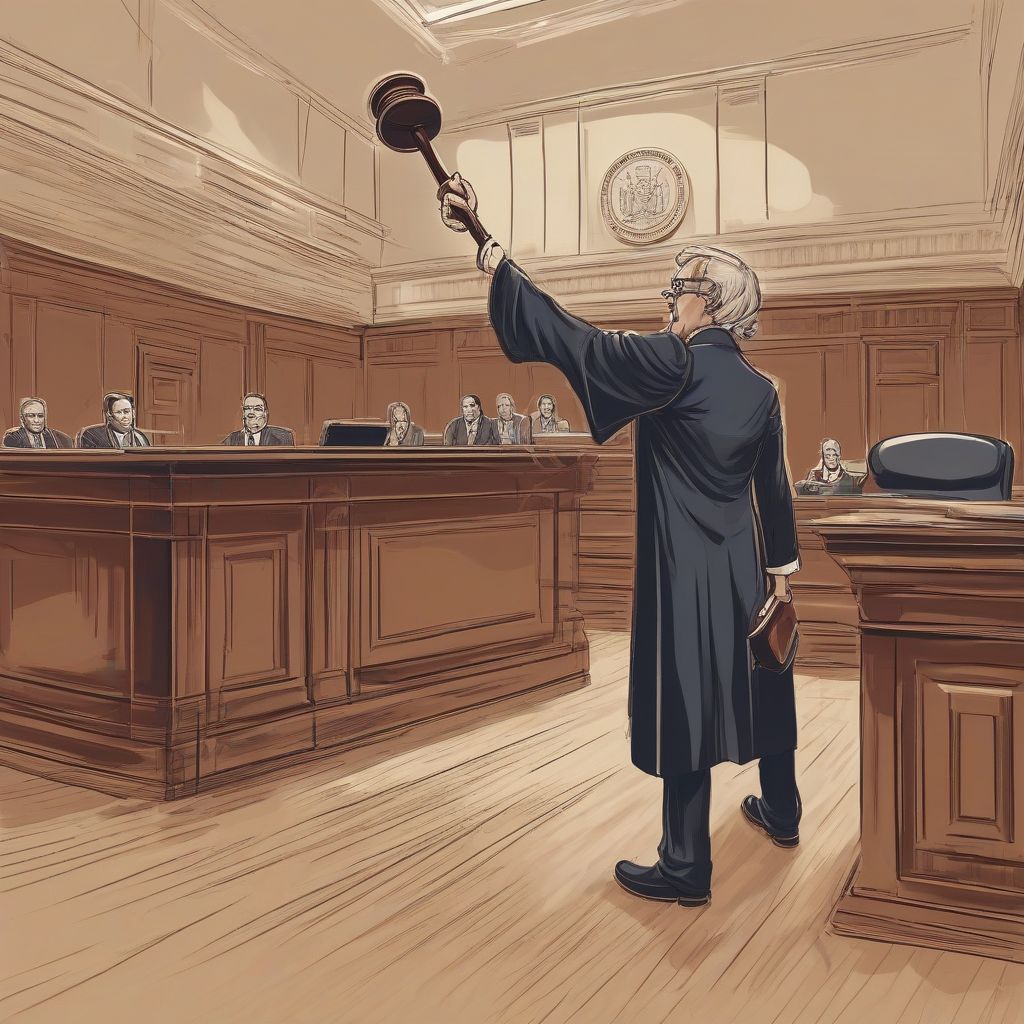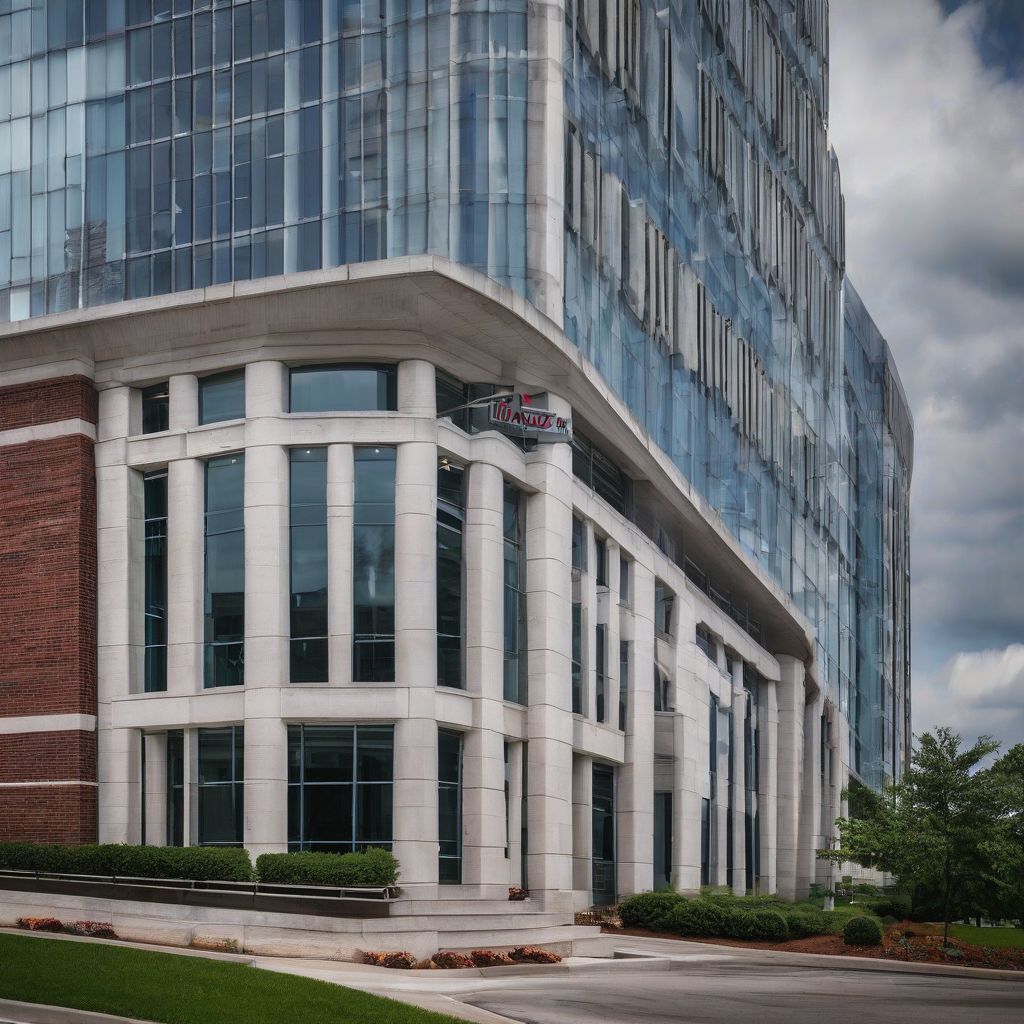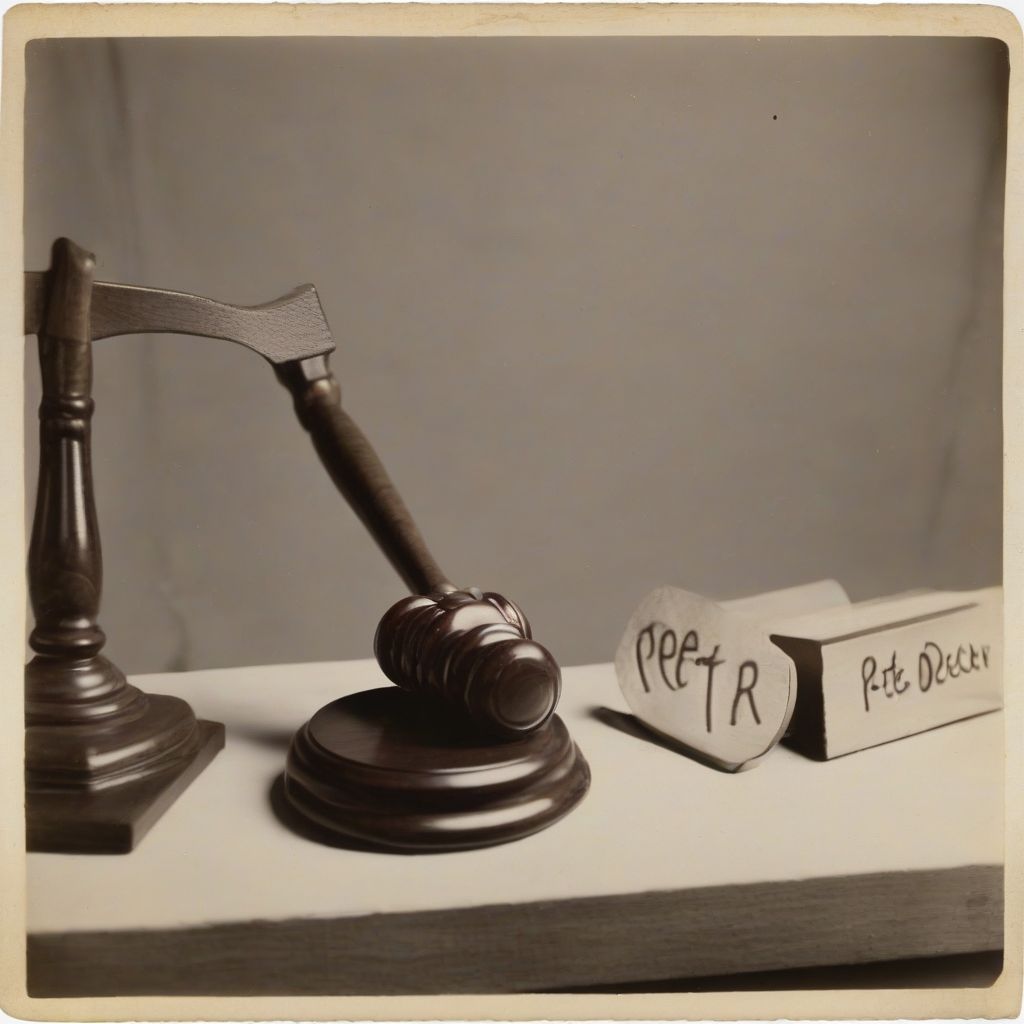Imagine this: You’re drowning in debt, facing relentless calls from creditors, and the stress feels insurmountable. Bankruptcy seems like the only way out, but the thought of lawyer fees adds another layer of financial burden. You might be wondering, “Can I file for bankruptcy in Virginia without a lawyer?”
This is a question many Virginians facing financial hardship ask themselves. This article delves into the intricacies of filing for bankruptcy in Virginia without legal representation, exploring the possibilities, risks, and alternatives.
Understanding Bankruptcy in Virginia
Before venturing into the do-it-yourself territory, it’s crucial to understand the different types of bankruptcy available in Virginia:
Chapter 7 Bankruptcy
Also known as “liquidation bankruptcy,” Chapter 7 allows individuals to discharge most unsecured debts, such as credit card debt and medical bills. However, it might involve selling certain assets to repay creditors.
Chapter 13 Bankruptcy
This type, often called “reorganization bankruptcy,” allows individuals with regular income to propose a repayment plan to their creditors, typically lasting three to five years.
Filing Bankruptcy Without a Lawyer: Can You? Should You?
The short answer is yes, you can legally file for bankruptcy in Virginia without a lawyer – this is called filing pro se. However, the bigger question is should you?
Navigating the bankruptcy process is complex and demanding, even for those familiar with legal procedures. Here’s why:
- Complex Paperwork: Bankruptcy involves a mountain of forms, schedules, and documentation, each with strict filing requirements. Even minor errors can lead to delays or even dismissal of your case.
- Legal Procedures: Understanding the intricacies of bankruptcy law, court procedures, and deadlines is essential for a successful filing.
- Creditor Interaction: You’ll be dealing directly with creditors and the bankruptcy trustee, who are looking out for their best interests.
- Potential Pitfalls: Without legal expertise, you might overlook exemptions, make strategic errors, or leave yourself vulnerable to creditor challenges.
Risks of Filing Pro Se
While filing for bankruptcy without a lawyer might seem tempting to save money, it carries significant risks:
- Case Dismissal: Incorrectly filed forms, missed deadlines, or failure to follow procedures can result in your case being dismissed, leaving you unprotected and potentially worse off.
- Asset Loss: Without a lawyer’s guidance on exemptions, you might unknowingly forfeit assets you could have protected.
- Debt Not Discharged: Errors in your filing could result in certain debts not being discharged, defeating the purpose of filing in the first place.
- Future Financial Difficulties: A poorly handled bankruptcy can have long-term consequences, affecting your credit score and ability to secure loans in the future.
Alternatives to Filing Pro Se
If you’re considering bankruptcy but apprehensive about going it alone, here are some alternatives:
- Legal Aid Societies: These organizations provide free or low-cost legal assistance to individuals below a certain income threshold.
- Pro Bono Programs: Many bar associations offer pro bono (free) legal services through volunteer lawyers.
- Bankruptcy Attorneys: Consider scheduling consultations with several bankruptcy attorneys to discuss your situation and fee options. Some attorneys offer payment plans or reduced rates.
Conclusion
Filing for bankruptcy in Virginia without a lawyer is possible, but it’s not recommended. The complexities of the legal system, potential for costly mistakes, and long-term financial implications make legal representation invaluable.
Before deciding, explore all available resources, including legal aid and pro bono services. Weigh the risks and benefits carefully, and remember that protecting your financial future is worth the investment in professional guidance.
Need more information about bankruptcy or legal resources in Virginia? Leave a comment below, and we’ll do our best to answer your questions.




